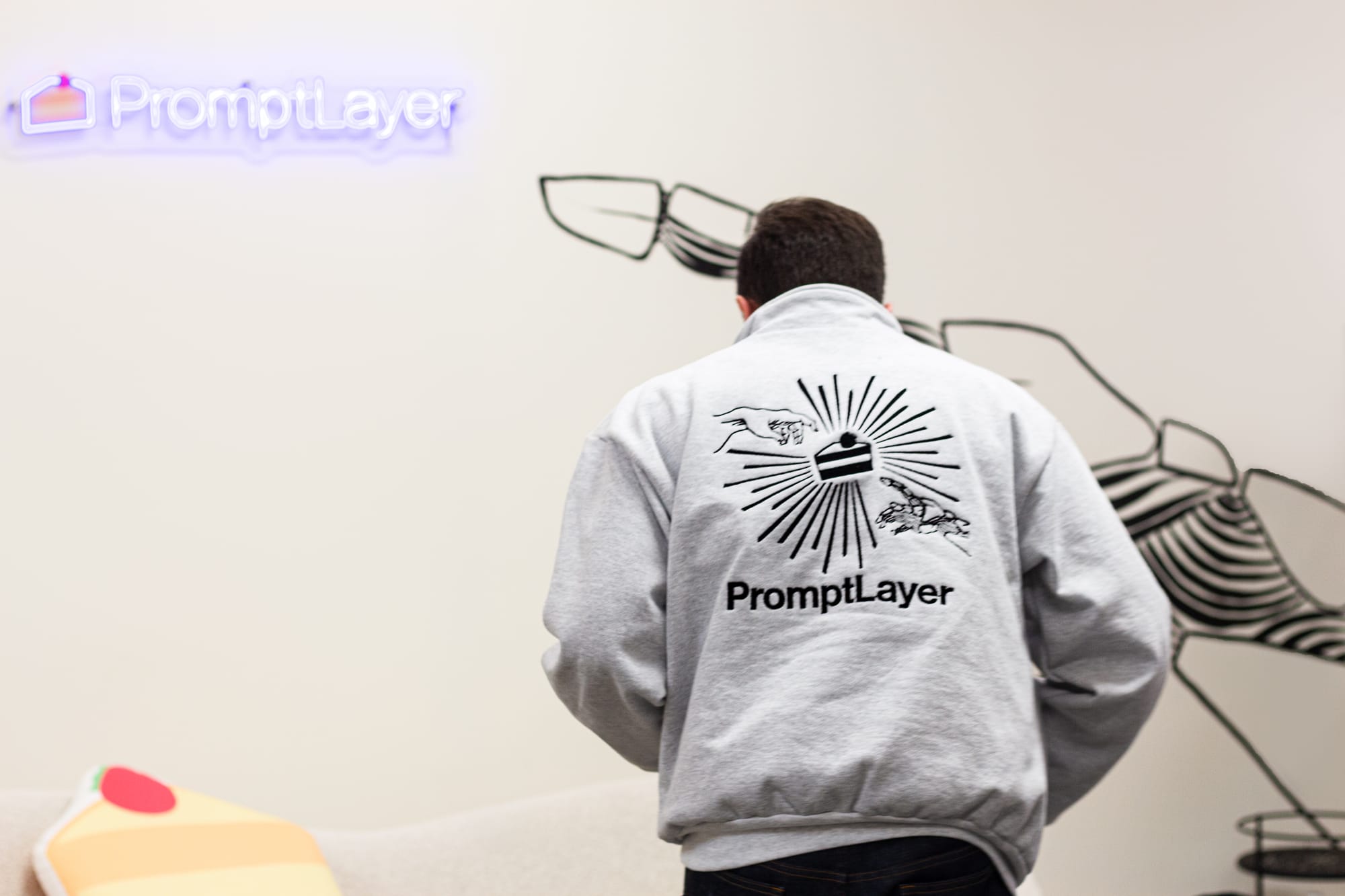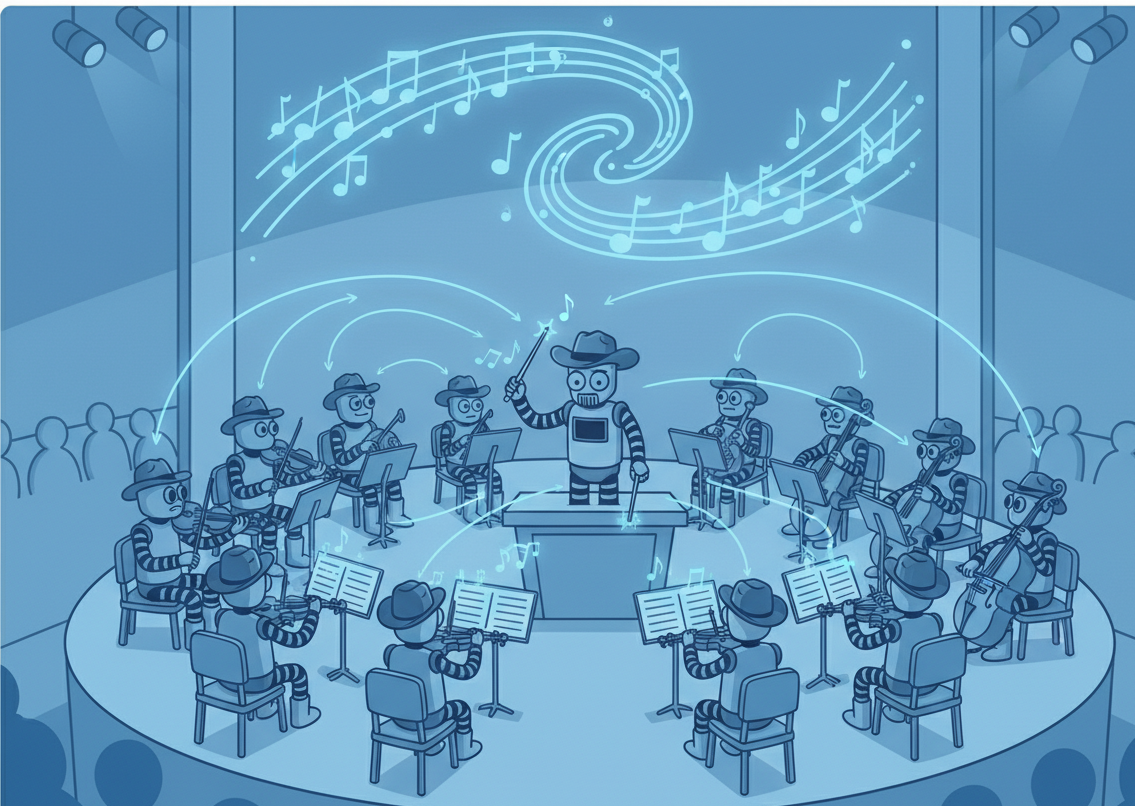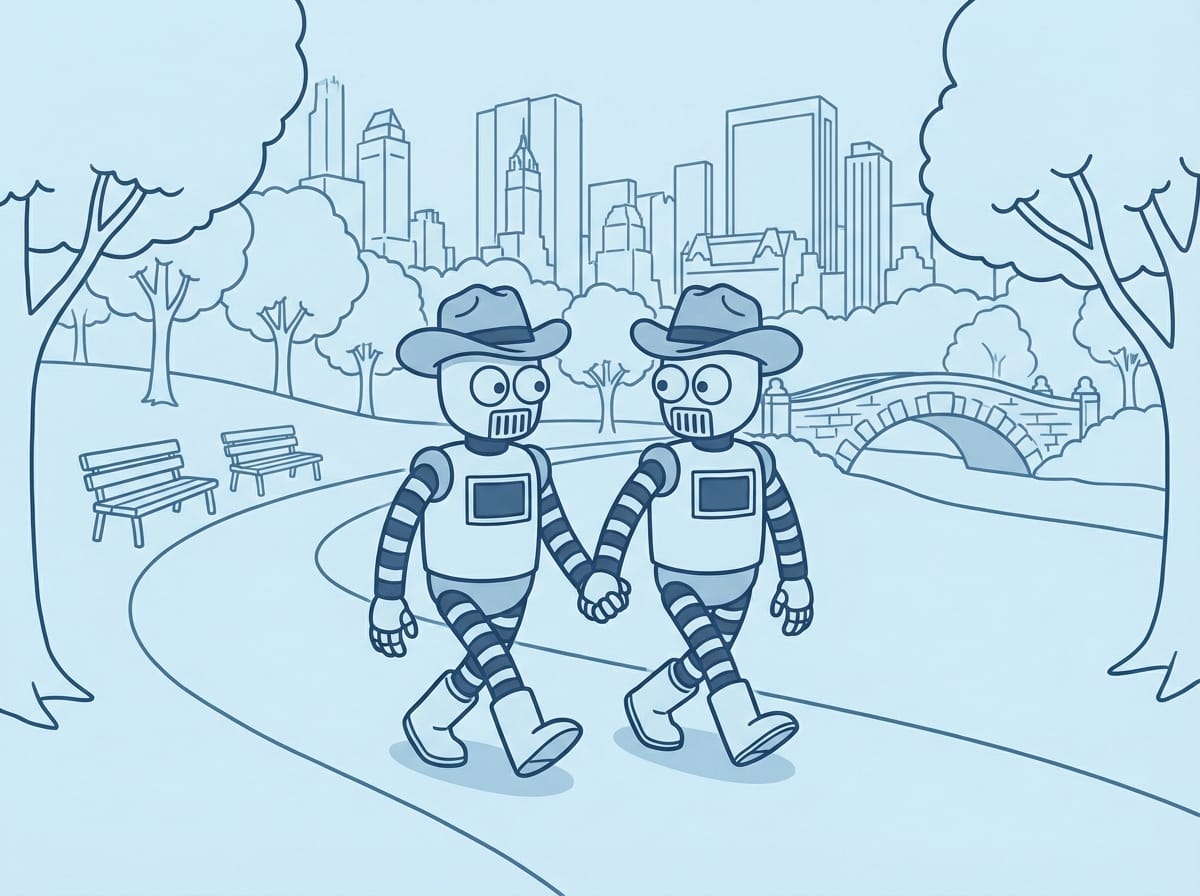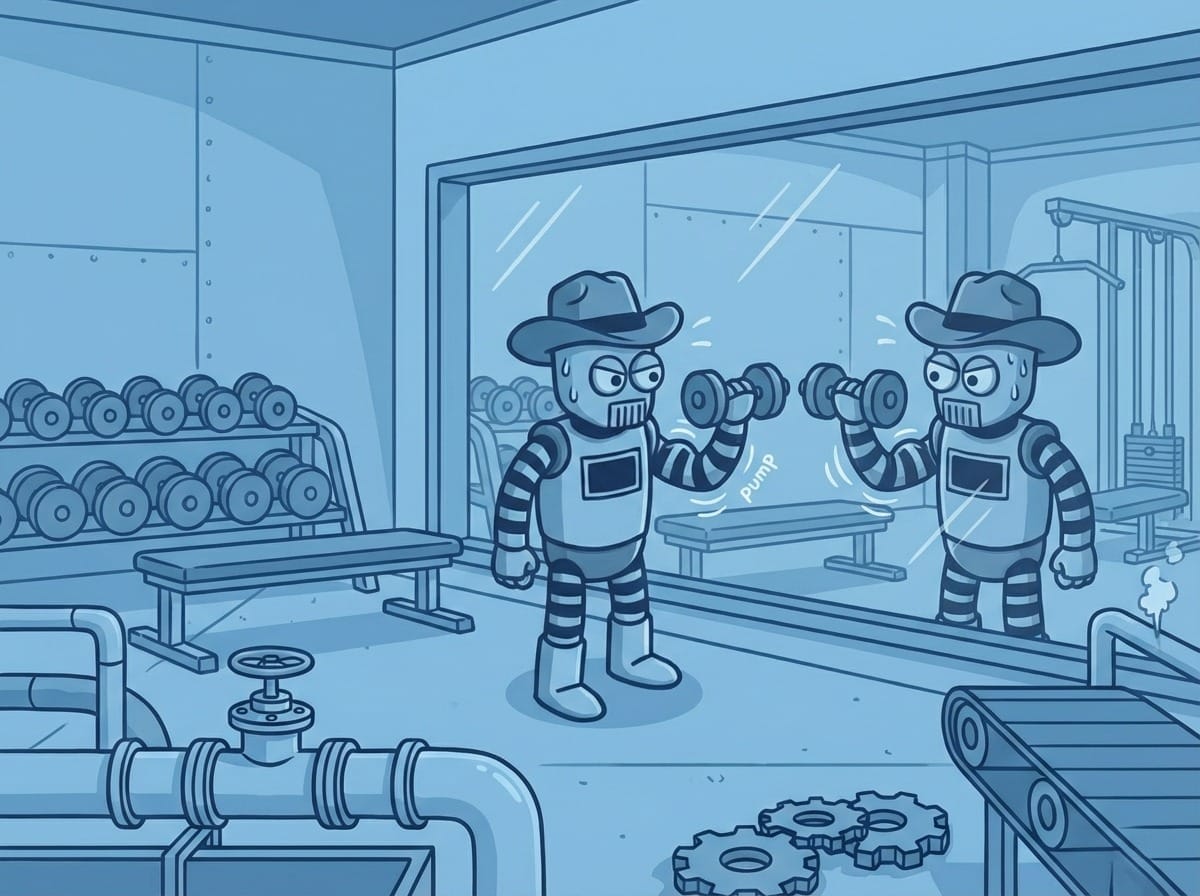The Death of Prompt Engineering Has Been Greatly Exaggerated

As AI models become increasingly sophisticated, there's a growing narrative that prompt engineering – the art and science of instructing large language models – will soon become obsolete. As models get better at understanding natural language, will the need for carefully crafted prompts will disappear?
The death of prompt engineering has been greatly exaggerated.
What is Prompt Engineering
Prompt engineering is the systematic process of designing, crafting, and optimizing instructions for AI language models to achieve custom outputs or behaviors. The term originally spread with the the release of ChatGPT and LLMs like GPT-3. However, the concept represents something far more fundamental: it's the interface between human intent and AI capability.
Most people misunderstand prompt engineering. They see it as a collection of tips and tricks – adding "please" and "thank you" or creating elaborate role-playing scenarios to coax better results from AI models. I classify these surface-level and superficial optimizations as prompt folklore. The true essence of prompt engineering lies in communication. We must communicate human knowledge, goals, and constraints into a format that AI systems can meaningfully act upon.
The "Blank Page" Problem
Here's a simple thought experiment illuminates why prompt engineering is here to stay. Imagine you have unlimited computing power, the most advanced AI model ever created, and a blank page. What would you do with it?
This is the "blank page" problem. Infinite capability doesn't solve the fundamental challenge of direction. Give someone 1,000 engineers or 10 billion dollars, they will still need to figure out what problems to solve and how to approach them.
Consider building an AI travel assistant. The most advanced model still needs your preferences. Window or aisle seat? Is a non-stop flight worth the extra cost? These aren't universal truths – they're personal preferences. No model can magically know your wants without being told.
Engineering Abstractions
The exciting evolution in prompt engineering lies in how we interact with AI systems. We're creating higher-level abstractions. Programming followed a similar path: from assembly language to high-level programming languages to visual programming tools. Prompt engineering is on the same journey.
At PromptLayer, we witness this transformation daily. Domain experts become prompt engineers without touching code. A teacher recently became the primary prompt engineer for a parenting-coach AI app. She didn't need to understand language models. She needed tools to apply her expertise and refine the AI's responses.
The Competitive Edge of Domain Expertise
The most exciting frontier exists at the intersection of AI and domain expertise. The future of prompt engineering will not be about technical tricks— these things are getting easier and easier. The future of prompt engineering will empower domain experts to inject their knowledge directly into AI systems.
Doctors now fine-tune medical chatbots. Lawyers craft legal assistance tools. Teachers develop personalized tutoring systems. These experts may not be traditional programmers, but they teach AI systems to think about problems in their specialized domains.
The conversation around prompt engineering misses a crucial point. As AI models improve, domain expertise – not technical capability – becomes the limiting factor. The challenge isn't teaching AI to understand words. It's teaching AI to grasp context, nuance, and real-world implications.
Prompt engineering isn't dying. It's evolving into something more sophisticated and accessible. The superficial tricks will fade. The core challenge remains: translating human knowledge and intent into actionable AI instructions.
Stephen Wolfram calls this "computational irreducibility." Advanced AI won't eliminate the human element in defining problems and success metrics. Humanity will be central to the AI revolution.
The future won't eliminate prompt engineering. Instead, prompt engineering will become so natural and intuitive that we'll hardly recognize it as engineering. That's the future we're building toward.




